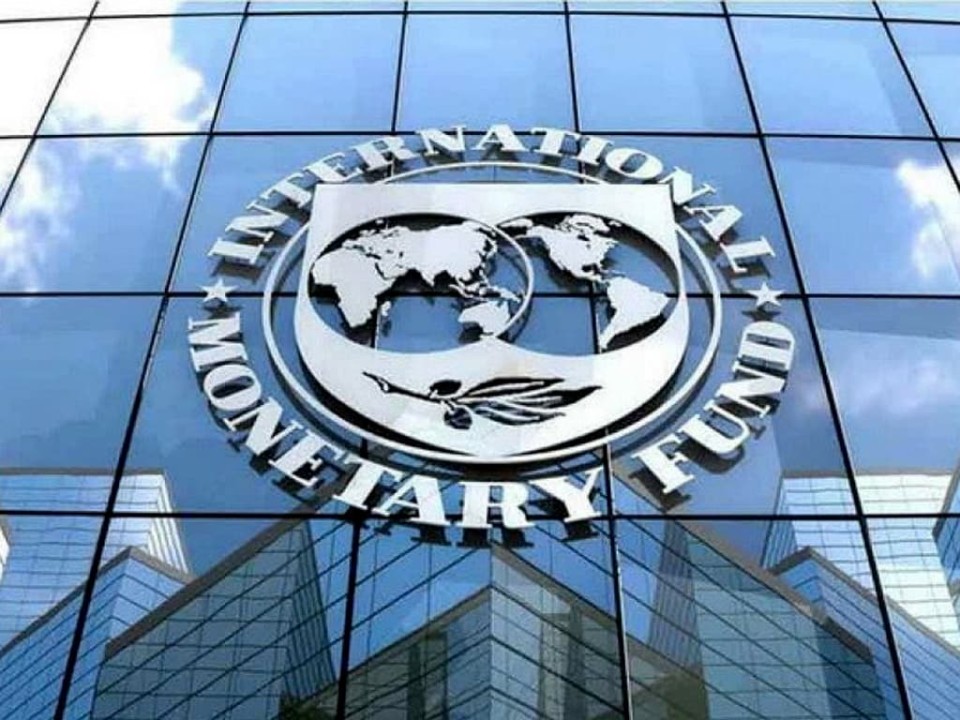The International Monetary Fund (IMF) has recently advised the Zambian government to open the Tanzania Zambia Mafuta (TAZAMA) pipeline to all suppliers and reduce fuel prices. This recommendation comes amidst ongoing economic reforms aimed at stabilizing Zambia’s economy, which has faced significant challenges in recent years
Background on TAZAMA and IMF Recommendations
The TAZAMA pipeline has historically been a crucial asset for Zambia’s petroleum sector, primarily used by the state-owned Indeni Energy Company. Under the IMF’s guidance, Zambia is transitioning from a model of excessive government control to a more liberalized market approach. This shift includes allowing private sector participation in the use of the TAZAMA pipeline through a competitive tendering process. The IMF views this as essential for enhancing competition and efficiency within the petroleum sector
However, the implementation of these reforms has faced criticism. Critics argue that the IMF’s conditions compromise Zambia’s economic sovereignty and could lead to adverse consequences, including market volatility and public discontent. There are concerns that opening access to multinational oil corporations may not align with national interests, particularly regarding energy security and economic stability
Economic Implications of Opening TAZAMA
By opening TAZAMA to all suppliers, the Zambian government aims to foster competition, which could potentially lead to lower fuel prices for consumers. Currently, fuel prices in Zambia are influenced by various factors, including global oil prices and domestic supply chain issues. The IMF’s recommendation suggests that increased competition could help stabilize prices and improve access to fuel products across the country13.
Moreover, allowing broader access to the TAZAMA pipeline could create job opportunities and stimulate economic growth. As emphasized by local experts, such as Dr. Kafula Mubanga from the Oil Marketing Association of Zambia (OMCAZ), a balanced approach that permits significant access for both state-owned enterprises and private entities is crucial for safeguarding national interests while promoting economic development
Challenges Ahead
Despite these potential benefits, several challenges remain. The tendering process for accessing the TAZAMA pipeline has encountered procedural delays, which could hinder timely implementation of these reforms. Additionally, there are fears that opening up the market too quickly may lead to shortages or price manipulation by larger multinational companies
Furthermore, critics of the IMF’s policies argue that past experiences in other countries, such as Kenya, have shown that similar reforms can lead to negative outcomes, including economic instability and social unrest. Therefore, there is a growing call among Zambians to reassess these conditions imposed by the IMF and prioritize local economic interests over external pressures
Conclusion
The IMF’s advice for Zambia to open the TAZAMA pipeline to all suppliers and reduce fuel prices reflects a broader strategy aimed at enhancing competition and stabilizing the economy. While this move holds promise for improving fuel access and potentially lowering prices, it also raises significant concerns regarding national sovereignty and economic security. The Zambian government faces a critical juncture where it must balance these recommendations with the need to protect its own economic interests and ensure stability for its citizens.





